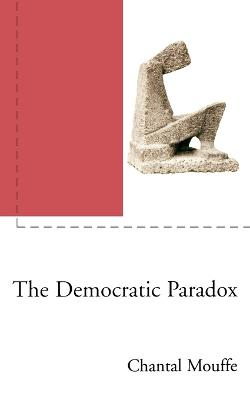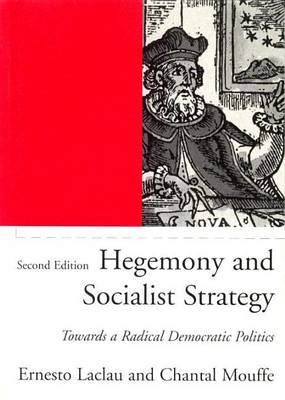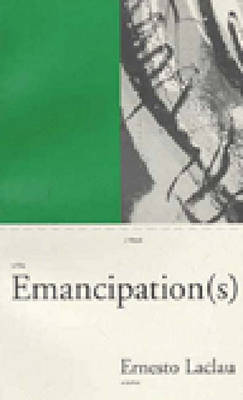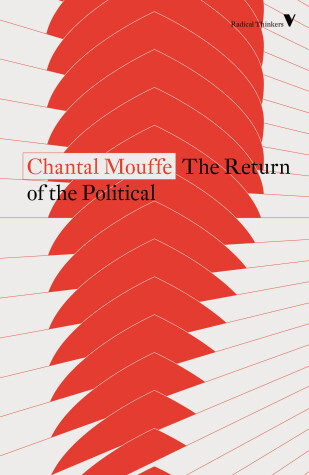Radical Thinkers
4 total works
Series 4
From the theory of ""deliberative democracy"" to the politics of the ""third way,"" the present Zeitgeist is characterised by an attempt to negate the inherently conflictual nature of democratic politics. Political thought and practice are stifled by a misconceived search fro consensus and the promotion of a bland social unanimity which, as Chantal Mouffe shows, far from being the sign of progress, constitute a serious threat for democratic institutions. Indeed, in many countries this 'consensus of the centre' is providing a platform for the growth of populist right-wing parties which, by presenting themselves as the only 'anti-establishment' forces, are trying to occupy the terrain of contestation deserted by the left. Taking issue with the work of John Rawls and Jurgen Habermas on one side, and with the tenets of the third way as practised by Tony Blair and theorised by Anthony Giddens on the other, Mouffe brings to the fore the paradoxical nature of modern liberal democracy.
Against those who affirm that, with the demise of the left/right divide, antagonism has been eliminated from contemporary post-industrial societies and that an all-inclusive politics has become possible, she argues that the category of the 'adversary' plays a central role in the very dynamics of modern democracy. Drawing on the work of Wittgenstein and Derrida, and engaging with the provocative theses of Carl Schmitt, she proposes a new understanding of democracy in terms of 'agonistic pluralism' which acknowledges the ineradicability of antagonism and the impossibility of a final resolution of conflicts.
Against those who affirm that, with the demise of the left/right divide, antagonism has been eliminated from contemporary post-industrial societies and that an all-inclusive politics has become possible, she argues that the category of the 'adversary' plays a central role in the very dynamics of modern democracy. Drawing on the work of Wittgenstein and Derrida, and engaging with the provocative theses of Carl Schmitt, she proposes a new understanding of democracy in terms of 'agonistic pluralism' which acknowledges the ineradicability of antagonism and the impossibility of a final resolution of conflicts.
This key text of the new 'post-Marxism' criticizes the persistent essentialism of the Marxist tradition from Plekhanov via Lenin and Gramsci to Althusser, and proposes a radical renovation of theory and practice.
In Emancipation(s), Ernesto Laclau addresses a central question: how have the changes of the last decade, together with the transformation in contemporary thought, altered the classical notion of "emancipation" as formulated since the Enlightenment? Our visions of the future and our expectations of emancipation, have been deeply affected by the changes of recent history: the end of the Cold War, the explosion of new ethnic and national identities, the social fragmentation under late capitalism, and the collapse of universal certainties in philosophy and social and historical thought. Laclau here begins to explore precisely how our visions of emancipation have been recast under these new conditions. Laclau examines the internal contradictions of the notion of "emancipation" as it emerged from the mainstream of modernity, as well as the relation between universalism and particularism which is inherent in it. He explores the making of political identities and the status of central notions in political theory such as "representation" and "power," focusing particularly on the work of Derrida and Rorty.
Emancipation(s) is a significant contribution to the reshaping of radical political thought.
Emancipation(s) is a significant contribution to the reshaping of radical political thought.
Chantal Mouffe is one of the most influential political theorists at work today. Her work has influenced political parties across Europe and continues to inform the direction of left politics. In this work, Mouffe argues that liberal democracy misunderstands the problems of ethnic, religious and nationalist conflicts because of its inadequate conception of politics.



